Dhaka, May 03 (V7N) – Fariduzzaman Farhad, coordinator of the Nationalist Like-Minded Alliance (NPP), emphasized the necessity of an elected government, warning that prolonged rule by an unelected regime can lead to serious national problems. He made these remarks after a meeting with the National Consensus Commission at the National Parliament Building on Saturday (May 3) morning.
“An unelected government cannot function effectively. Only a government formed by the people's vote can ensure legitimacy and good governance,” said Farhad.
During the meeting, which lasted over three hours, the NPP delegation was informed that the caretaker government's tenure may be extended to four months, up from the current three. Farhad noted that the Commission proposed holding national elections first, with local elections to follow under the supervision of the elected parliament.
Raising concerns about a lack of consultation, Farhad questioned the logic behind certain government decisions, particularly the humanitarian corridor initiative. “Who has given the guarantee that this corridor won’t be used for military purposes? Political parties have not been consulted, and decisions are being made without transparency,” he said.
The NPP also favored reserving 50–100 seats for women in parliament and stressed the urgency of police reform during the meeting.
Earlier, Professor Ali Riaz, Vice Chairman of the National Consensus Commission, reiterated the commission’s goal of drafting a National Charter within six months, aimed at establishing an accountable democratic system. He emphasized the importance of political flexibility in the interest of national unity and state reconstruction.
“Our objective is to create national consensus within a specified timeframe. Every party must be prepared to make certain compromises for the greater good,” said Riaz, highlighting the unity born out of the July mass uprising, which he called essential for national progress.
A 13-member delegation led by Fariduzzaman Farhad attended the dialogue, which included freedom fighter Khandaker Lutfar Rahman, ATM Golam Maula Chowdhury, Dr. Syed Nazrul Islam, MN Shaon Sadiki, Qari Abu Taher, among others.
The National Consensus Commission previously sent detailed reform proposals from five key commissions—including the Constitutional, Public Administration, Electoral System, Judiciary, and Anti-Corruption Commissions—to 39 political parties, requesting specific feedback. So far, 35 parties have submitted opinions, while 22 have participated directly in discussions, including the Revolutionary Workers Party.
END/MSS/AJ



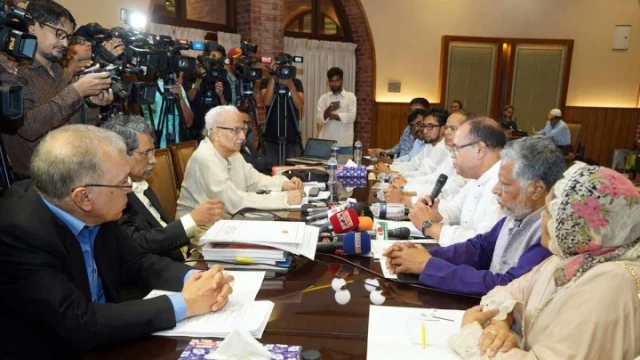
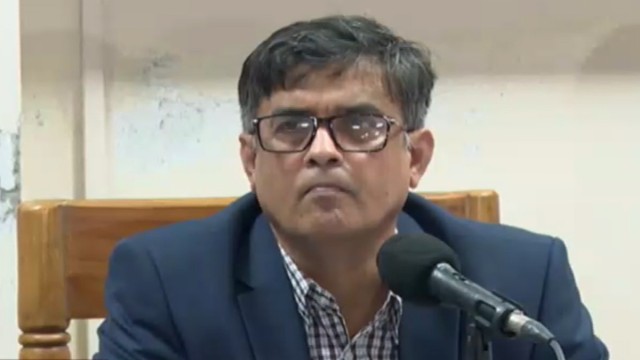
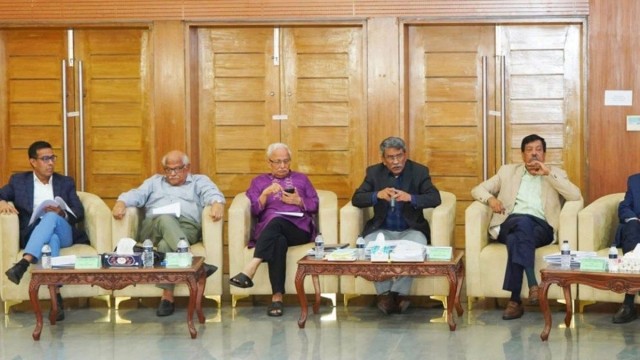
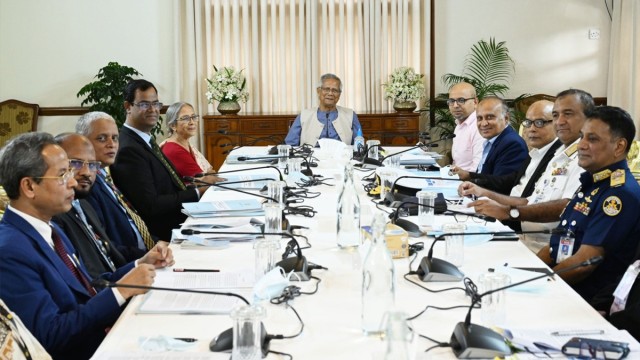
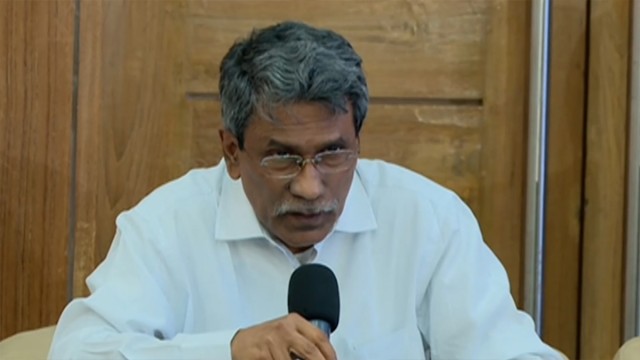
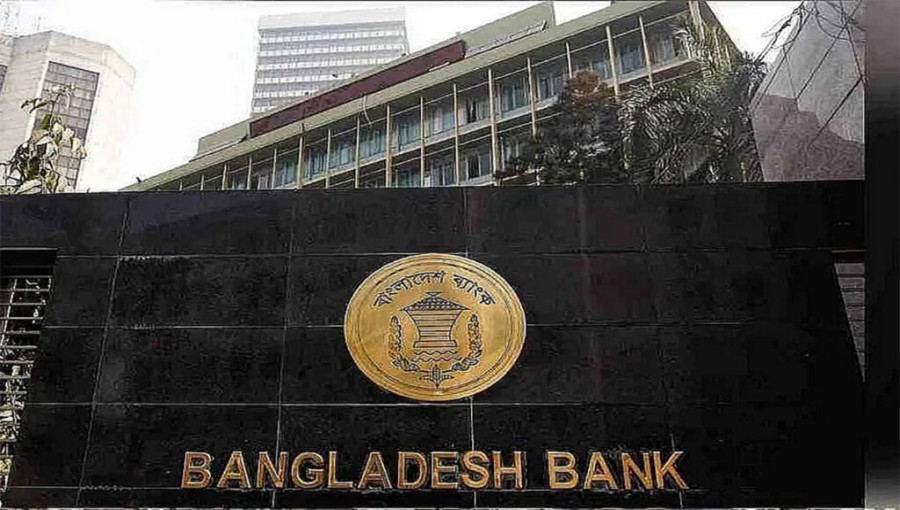
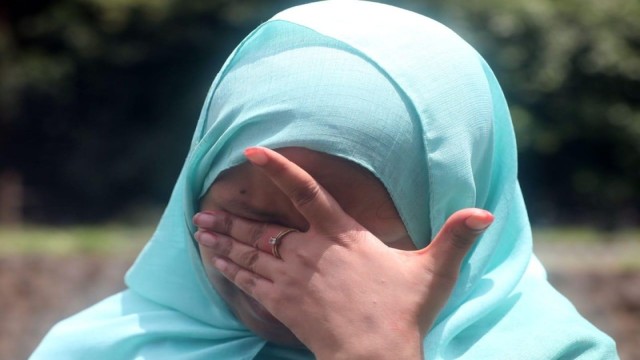
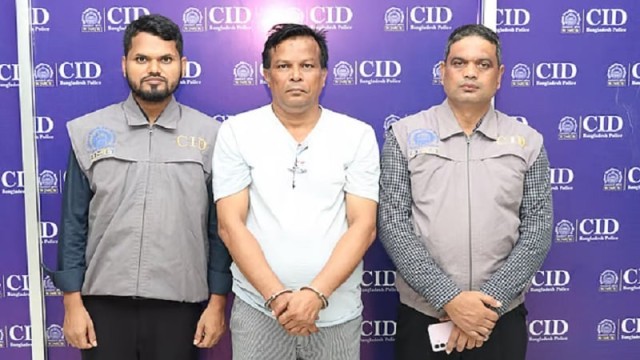

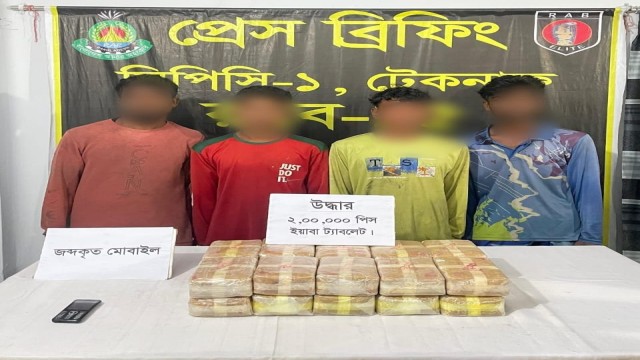
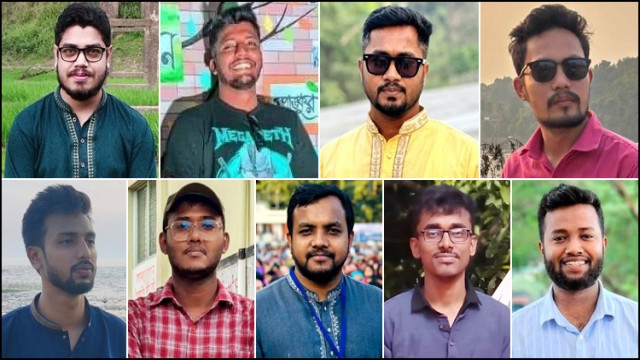
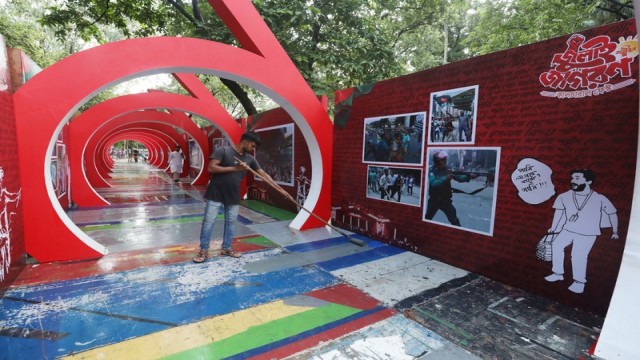
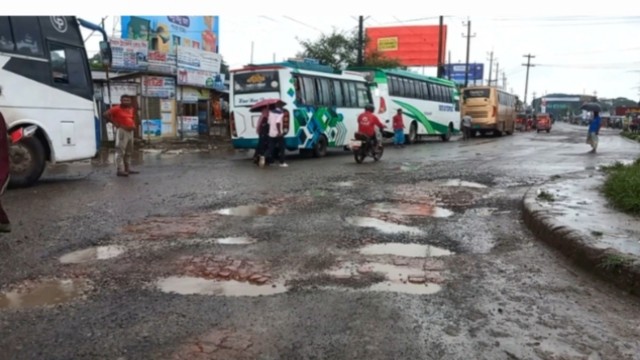
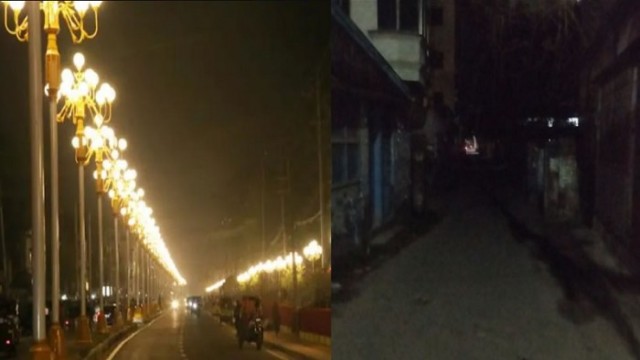
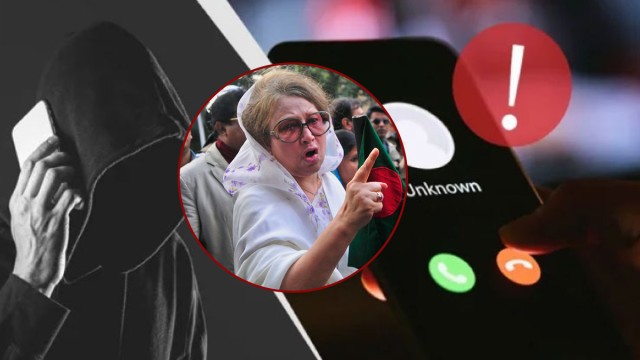
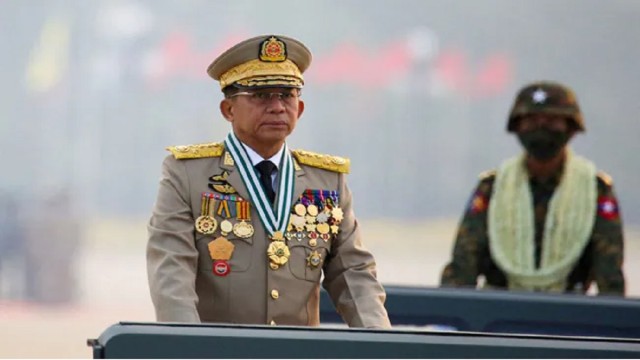

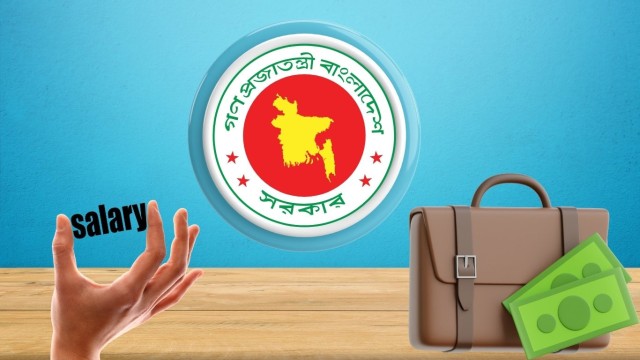
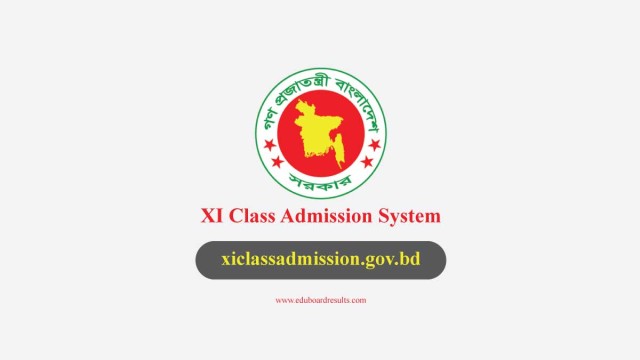
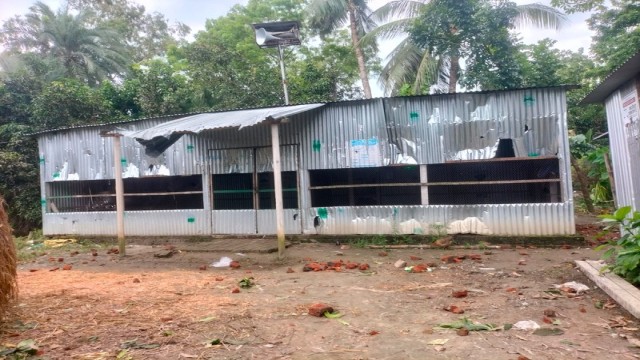

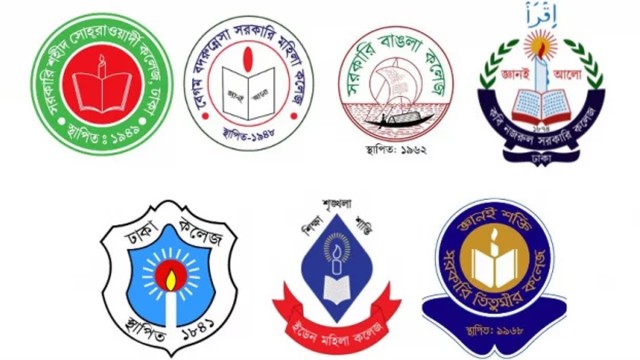
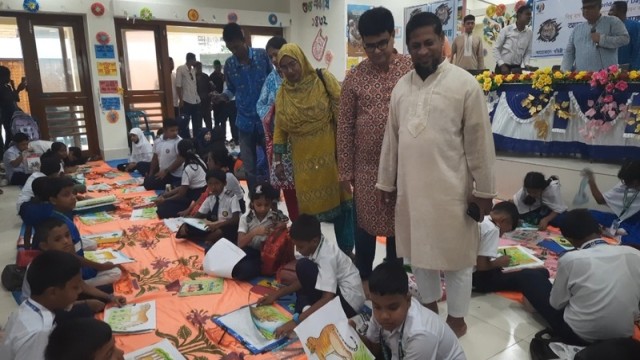
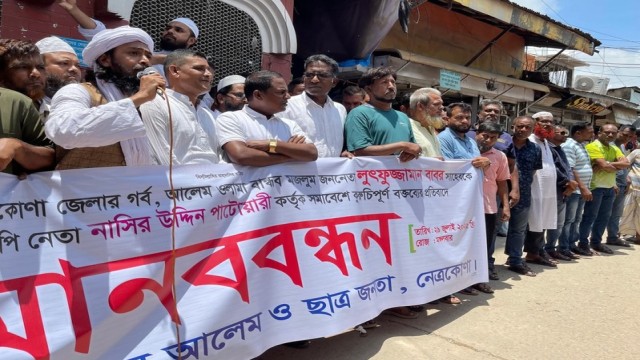
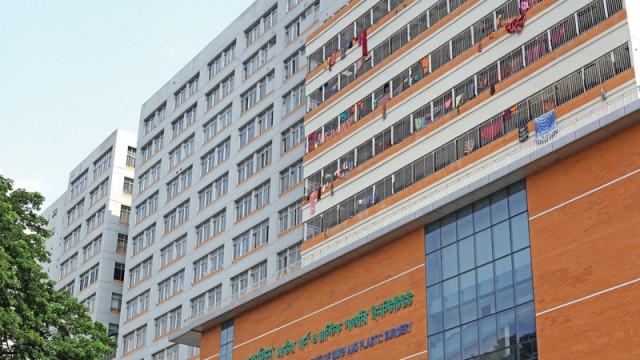

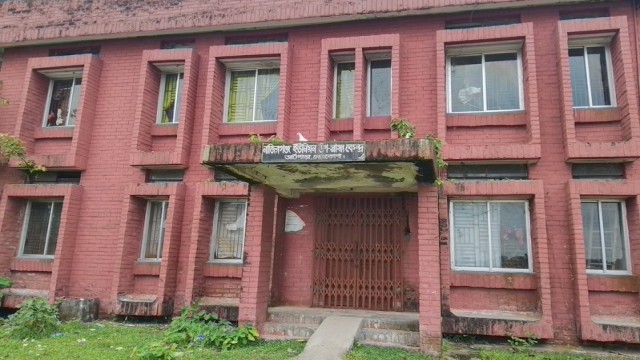
Comment: